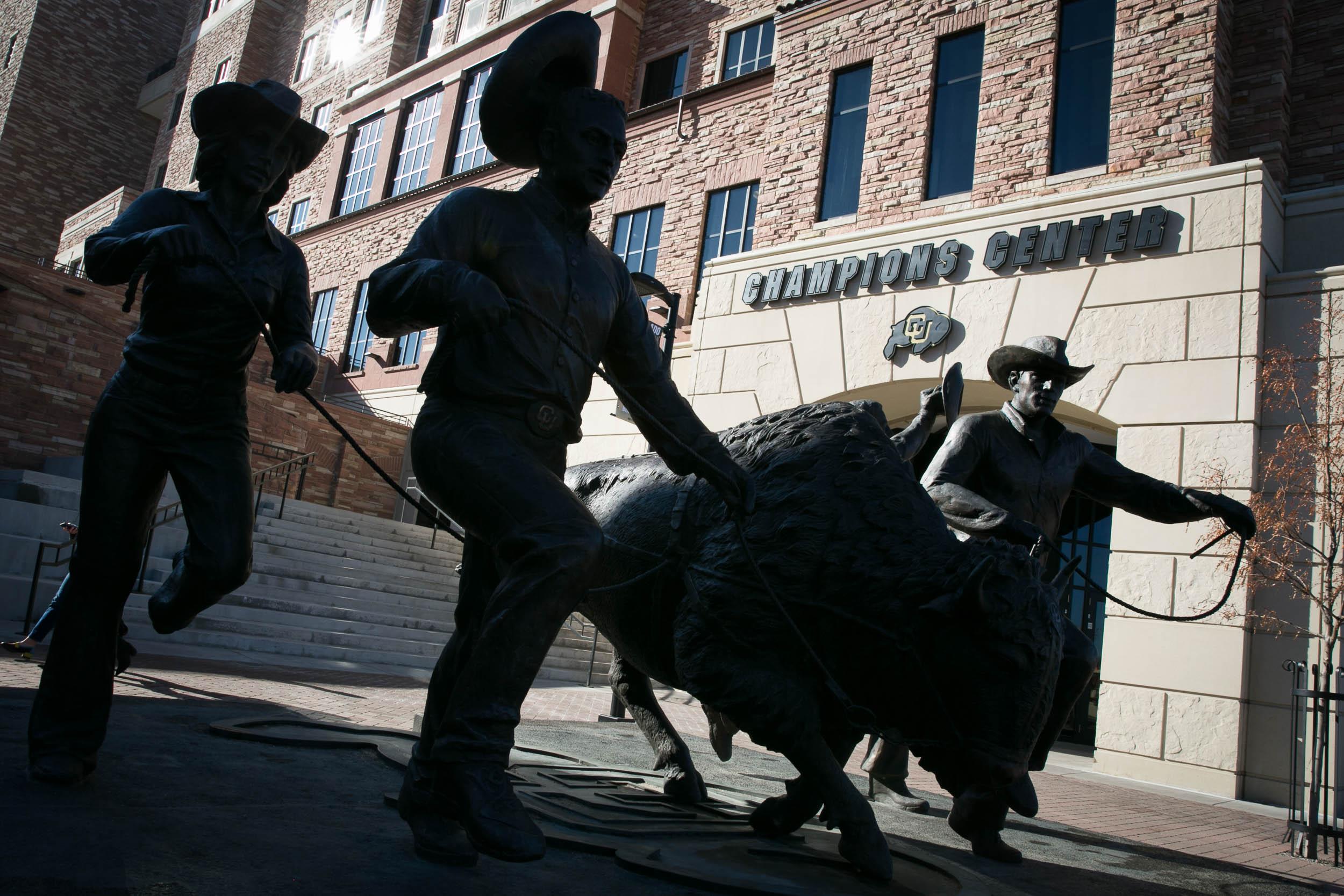
Citing a “significant rise” in COVID-19 cases, Boulder County Public Health officials told students at University of Colorado Boulder to self-quarantine for two weeks.
They said Tuesday 76 percent of cases in the county were associated with university students.
At CU, health guidelines differentiate between quarantine and isolation. Under the new quarantine period, students are still allowed to leave their residences to attend in-person classes, shop for essential items, go to work, and exercise at the university gym — as long as health precautions such as mask wearing and social distancing are followed.
The new guidelines aren’t anything new — they mainly act as an introduction to a more strict period of enforcement.
“Because of the serious public health risk involved, students found in violation of COVID-19 protocols that endanger our community will face strict enforcement of the student code of conduct and the campus health and safety policy, which may include expulsion from campus probation — which can impact future study abroad or attending graduate school — and suspension from the university pending adjudication,” CU Chancellor Philip DiStefano said at a press conference Wednesday.
- Coronavirus Outbreaks Continue To Follow Colorado Schools, Bars And Restaurants As They Reopen
- Some Colorado Coronavirus Outbreaks Got To Schools Before The Students Did
- ‘It’s Been A Little Lonely, Not Gonna Lie’: Colorado College Students Talk About Quarantine
- Colorado Health Officials Will Use Poop To Track The Spread Of Coronavirus
Since classes started on Aug. 24, CU has conducted more than 2,000 nasal swab tests and confirmed 441 coronavirus cases. Health officials said the majority of spread is occurring off-campus, in settings such as sorority and fraternity houses, and other multi-student residences. To date, the county has quarantined four sorority houses, and some fraternities have been fined for throwing large parties.
DiStefano said that compliance with health guidelines must improve immediately, otherwise CU may become subject to further directives. When he and other officials were asked several times whether CU is close to moving to a fully remote campus, they answered vaguely.
“The decisions about whether or not to move to remote instruction would be things that we would not want to be doing unilaterally that we'd want to be doing those in coordination with Boulder County Public Health to make sure that we're approaching this in the right manner,” said CU Boulder vice chancellor Patrick O’Rourke.
CU officials said the university expected outbreaks and cases to occur, but were surprised by the rapid rise on-campus.
“We're prepared. But we definitely in my mind, we've seen more cases now than what I was expecting,” DiStefano said. “I was expecting it to be lower later, but at least this gives us now the opportunity through this 14-day quarantine to get back on the right track.”
At a COVID-19 briefing, Gov. Jared Polis said the state’s rise of coronavirus cases are being driven by college students. According to state data, six outbreaks in the state in the last week are at colleges or universities. Health officials expect that number to double probably by the end of this week.
CU currently has the most confirmed COVID-19 cases among universities in the state. Colorado State University in Fort Collins and Colorado College in Colorado Springs also reported outbreaks. Colorado College shuttered dorms and moved most classes to remote learning.
Colorado Mesa University in Grand Junction had it's first outbreak. Eleven football players tested positive for COVID-19. The school was conducting random testing when an asymptomatic player tested positive, which allowed the university’s contact tracers to isolate 11 sick players before they spread the disease. CMU has spent more than $5 million this semester on COVID-19 safety measures.









